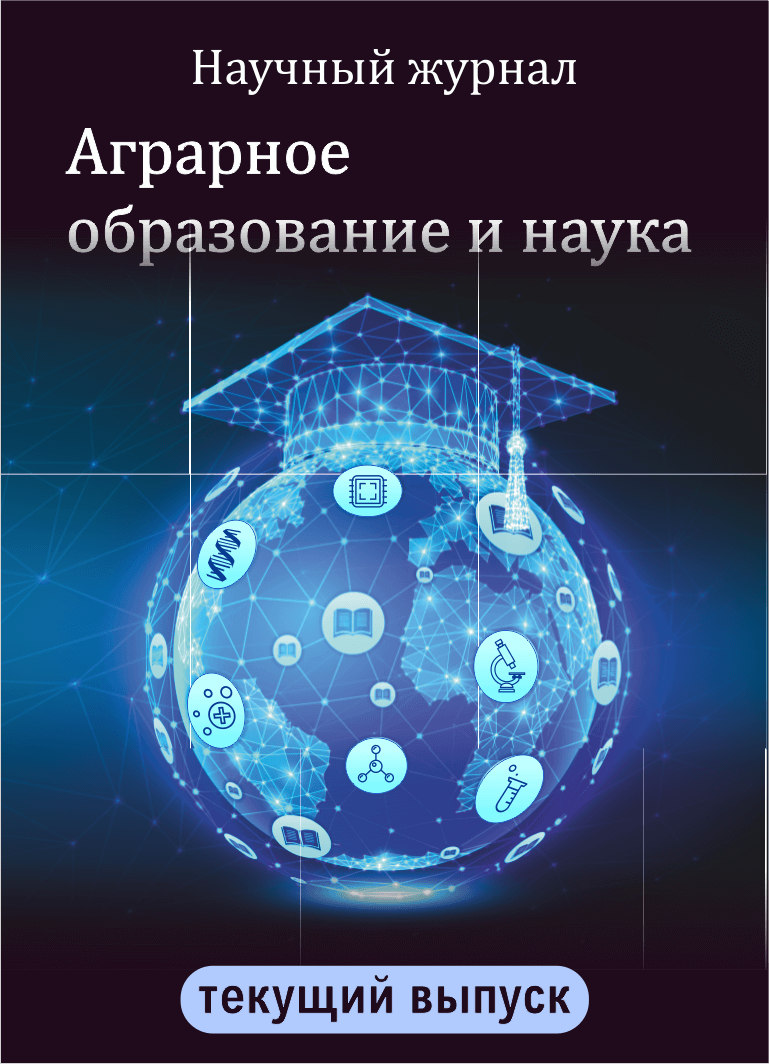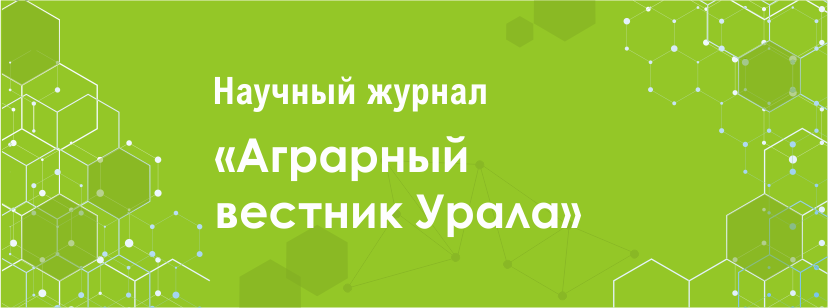B. A. Voronin, d.yu.n., professor Uralskogo gosudarstvennogo agrarnogo Universiteta I. P. Chupina, d.e.n., professor Uralskogo gosudarstvennogo agrarnogo Universiteta YA. V. Voronina, k.e.n., dotsent Uralskogo gosudarstvennogo agrarnogo Universiteta
Russia's accession to the World Trade Organization undoubtedly has implications for the stability of the financial market in several areas: the development of the financial market, the development of the real sector, and the creation of an investment climate. Participation in the WTO leads to an increase in competition and a decrease in state support for domestic enterprises in the real sector. This situation may negatively affect the level of employment in the country. Risk transfer channels from the real sector to the financial sector include lending, financing and the budget mechanism. On the one hand, Russia's participation in the World Trade Organization will enhance competition in the financial sector, develop the infrastructure of the financial market, improve and expand the quality of services provided. On the other hand, there is the risk of financial market instability. Namely: the risk of crowding out small and medium domestic participants in the financial services market; the risk of decreased regulation in the Russian financial market; the risk of an inflow of a short-term gap between the nominal and real product; the risk of outstripping development of the financial market in contrast to the real sector. Another important risk is a decrease in the efficiency of regulation of the Russian financial market.
References
1. Babkin K. Rossiyskiy agrarnyy sektor mozhet reshat ambitsioznye zadachi // Mezhdunarodnyy delovoy tsentr Rossiya v VTO. 2016. # 4. S. 45-50. 2. Barsukova S. YU. Prisoedinenie Rossii k VTO: neizbezhnye poteri i vozmozhnye priobreteniya dlya agrobiznesa // Voprosy statistiki. 2017. # 3. S. 76-81. 3. Krylatyh E. Chlenstvo Rossii v VTO: vozmozhnye posledstviya dlya selskogo hozyaystva // Mezhdunarodnyy delovoy tsentr Rossiya v VTO. – 2013. – # 12. – S.11-15. 4. Prokopiev M. Agrarnaya ekonomicheskaya politika i vstuplenie v VTO // Mezhdunarodnyy delovoy tsentr Rossiya v VTO. 2015. # 12. S. 5-11. 5. VTO dlya Rossii? Vstuplenie Rossii v VTO: analiticheskiy obzor. – URL: http://www.ey.com/Publication/… Russia…/WTO-Russia-April-2018.pdf. S. 45.











